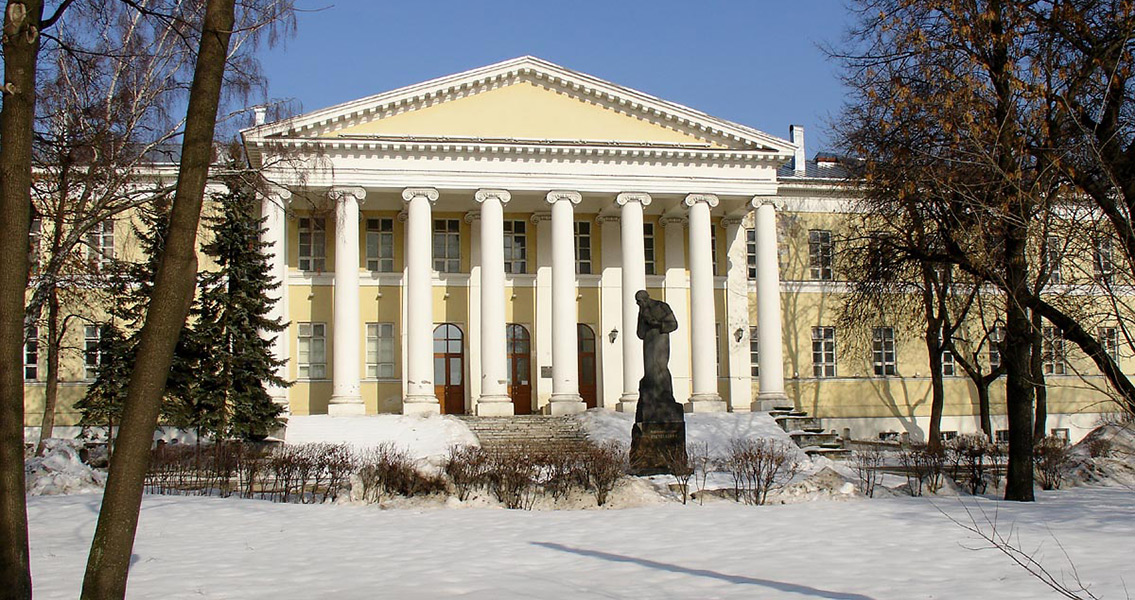<![CDATA[Dostoevsky's 'Crime and Punishment', first published in 1866, is a remarkable work by one of the most important writers in history. The book presents a unique psychoanalysis of an individual plagued by moral and mental traumas during a point of great uncertainty and change in Russian history. The basic outline of the story is reasonably straightforward: The protagonist, Raskolnikov, lives in a rundown apartment in St. Petersburg. He is poor, he is sickly, he is dressed in rags and he is tormented about committing an as yet unspecified crime. As the opening section of the novel progresses, details of Raskolnikov's intended crime begin to become clear. After Raskolnikov sells his watch to the pawnbroker Alyona Ivanovna we start to learn more about this woman, as Raskolnikov begins to mentally plan and justify her murder. Raskolnikov learns that Ivanova will be alone in her apartment one evening, and plots his attack. After distracting her with an item he supposedly wants to pawn, he kills her with an axe. As he is looting the apartment Ivanova's sister Lizaveta arrives, forcing Raskolnikov to kill her as well. The rest of the novel sees Raskolnikov tormented by the crime and the threat of punishment. He is summoned to the police station the day after the event, an unfortunate coincidence which Raskolnikov quickly learns is unrelated to the murders but instead due to an outstanding debt to his landlady. At the police station, however, Raskolnikov overhears a conversation about the murders and feints, arousing the police's suspicion for the first time. Subsequent chapters see Raskolnikov fall into an ever deeper state of guilt and confusion. His sister Dunya's impending marriage to a public official named Luzhin has led to Raskolnikov's mother moving to St. Petersburg; this seems to constantly enrage Raskolnikov to the point of him demanding his sister cancel her marriage. Raskolnikov's constant moral anguish is offset by his acts of charity to the family of Marmeladov, a man whom Raskolnikov met before the murder but died shortly after. Raskolnikov attends the man's funeral and becomes acquainted with his family, particularly his daughter Sonya, who he gives money to. Raskolnikov's kindness and charity towards Marmeladov's family and his fascination with Sonya could be interpreted as manifestations of his guilt, a desire to earn forgiveness through charity and association with the morally pure Sonya. Ultimately, the net around Raskolnikov tightens, although the writing of the novel is so effective that one is never truly sure if the police are actually close to proving his guilt, or he is just a victim of his own paranoia. Raskolnikov eventually confesses to the murders, with the support of Sonya. He is imprisoned in Siberia for eight years, avoiding harsher punishment as a result of his previous good character. In the novel's epilogue we learn that Sonya has moved to Siberia, so she can visit him every day and ease his burden. The novel has been interpreted in thousands of different ways, a testament to the complexity and ambiguity of the prose. One of the most striking features is the description of St. Petersburg, a city which becomes the prison for Raskolnikov's torment. Vivid descriptions of the sweltering city are provided as Raskolnikov makes his way to and from the murder. The sense of the city looming over Raskolnikov, embodying his increasing psychological and financial desperation, is a feeling that will be familiar to anyone who has spent an extended period of their life living in a major city. Dostoevsky was a resident of St. Petersburg at the time he wrote Crime and Punishment, during a period when urbanisation was occurring at a startling pace in Russia, and this was undoubtedly influential on the novel. Elsewhere, the novel is a vivid description of Raskolnikov's mental state. The analysis of the human mind as it responds to a major dilemma was inspirational for a host of later writers, from Kafka to Sartre. The methods used to depict the effects of guilt and fear of capture on Raskolnikov's psyche - irrational anger towards his family, obsessive paranoia, physical sickness - can be seen in a host of works since, from Camus' 'The Stranger' to 'Breaking Bad'. Crime and Punishment is incredible for its ability to work as both a fascinating document of mid-nineteenth-century Russia, as well as a timeless novel whose study of the human condition still feels relevant now.]]>
Crime and Punishment
